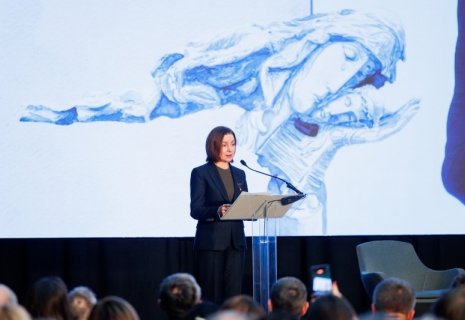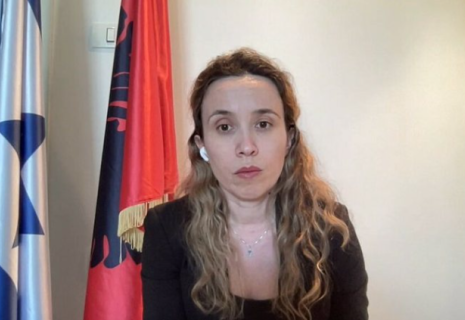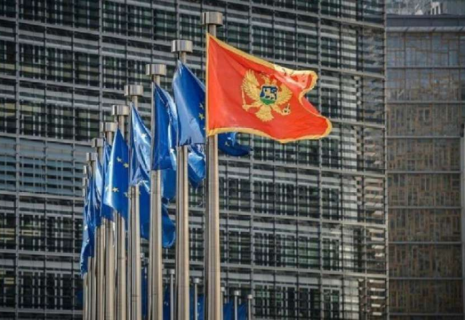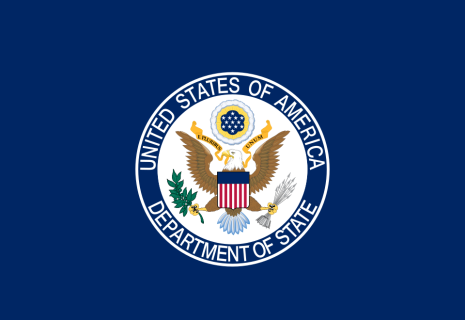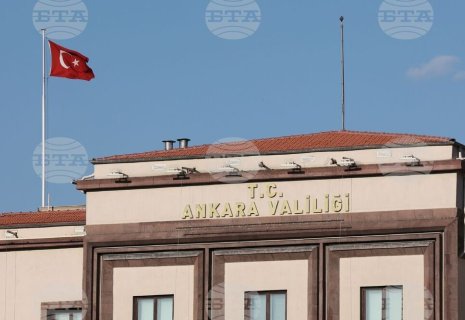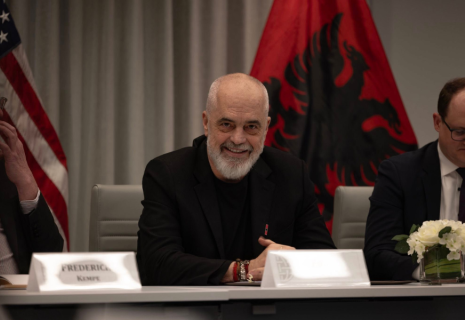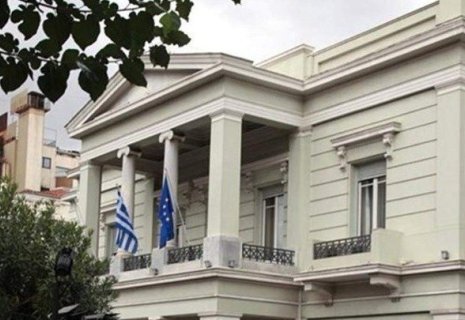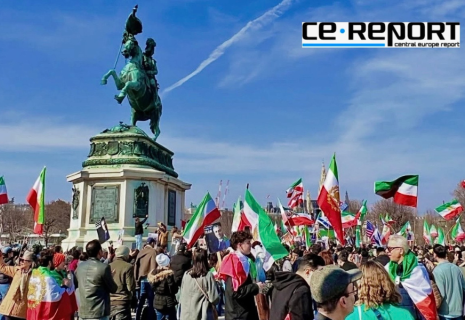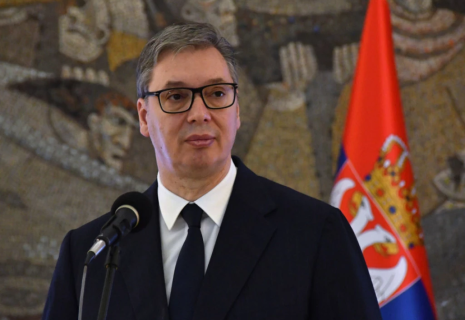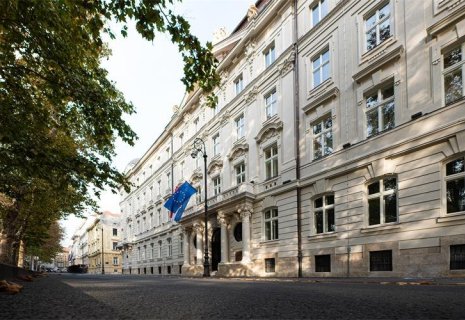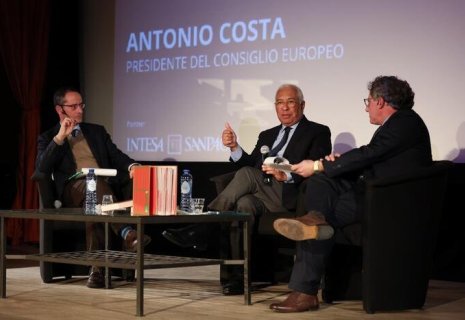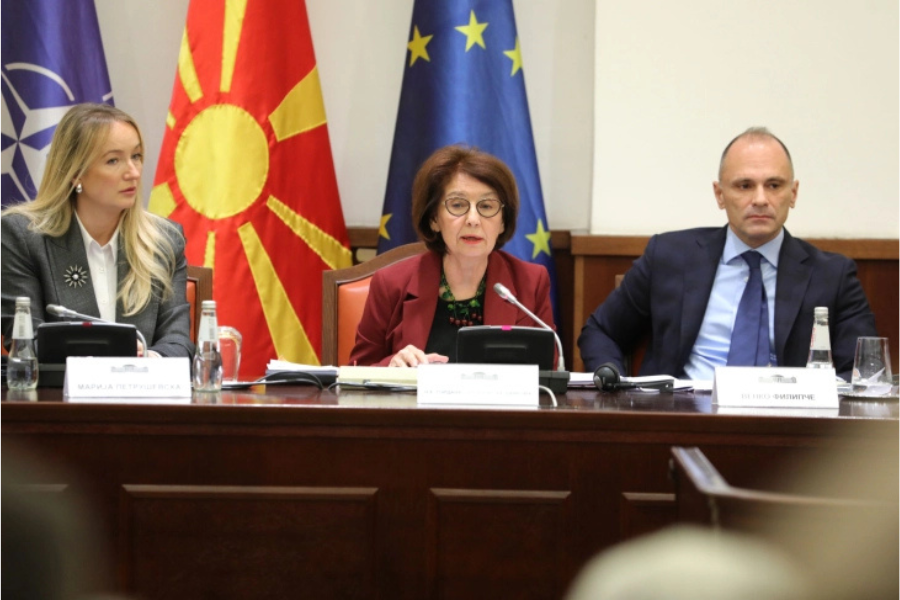
EU lacked clear strategy for Balkans, says North Macedonian President
Addressing a joint session of Parliament’s National European Integration Council and the Committee on European Affairs which assessed the European Commission’s latest Progress Report on the country, President Gordana Siljanovska-Davkova said the report speaks not only of the party being evaluated, but also of the evaluator.
“This is unfortunately not a time for reforms, because it seems like an age of war, or before war, and that is not a time when reforms can be made. But for me, both in the past and now, the EU is a unique political philosophy supported by all actors and the public in the Balkans. The EU is perspective, the EU is a motivation for democratic reforms, it stimulates reforms that lead to lasting peace and stability. I am confident that our integration within the EU will put an end to the phenomenon of Balkanization, as a phenomenon of constant changing of borders,” Siljanovska-Davkova said.
The President recalled former European Commissioner Olli Rehn’s statement that the country does not pose a problem for the Union’s absorption capacity, CE Report quotes MIA.
She noted that the EU is not “an innocent player” in what has happened, adding that it “lacked a clear strategy, was late in the Balkans, while the US was sometimes quicker,” and that “even today it prefers double standards”.
“The report has a lot of good data and criticism, which should be analyzed well and addressed. But also, sometimes, the European Union’s assessment in these 16 reports is always led by some key goal in its wording, something that is most important for the EU at that moment, and they tie momentum to that. That’s the case with this report too. After 16 instances, this report, like the previous ones, does not speak only about the evaluated party, but also the evaluator. If there was an assessment or a competition for political readiness, then we would have been champions in the implementation, the results can be seen,” the President said.
Siljanovska-Davkova said it often seems like the EU is obsessed with key moments and dates, noting that the country is once again being told that this is a crucial moment.
“Yes, this is a key moment. Why? Because we are facing something that contradicts the core idea of the EU – the EU is a peace project, and there is a war. Now we talk about resilience to third-party influences – yes, we should be resilient, but we’ll be most resilient if we’re inside the EU. What I believe must not be forgotten are the special criteria used for us. Why have we been running this marathon with hurdles for so long? Because in addition to the Copenhagen criteria, we were given additional ones, but we also entered the Stabilization and Association Process. When I hear strange wording like ‘reforms pay off’ and that some countries made quantum leaps in reforms in one, two, or three years – I can’t accept that. Reforms are a process. If we, who entered the Stabilization and Association Process, still haven’t reached a reformed state, then that speaks to something else – a philosophy of carrot and stick, therapeutic governance, and managed sovereignty,” Siljanovska Davkova said.
Commenting on the report, the President emphasized the issue of the constitutional amendments.
“You can see the Venice Commission’s report on the Law on the Use of Languages, which states that the solutions in this law go beyond European standards. I’m talking about minority issues. The Venice Commission’s opinion on Bulgaria’s Constitution states that the rights of persons belonging to national minorities must be protected at the constitutional level. How many countries in Europe have constitutional provisions for the protection of minority rights? Very few. Even the label ‘French proposal’ – I’m not sure it’s appropriate, because France has an exceptionally developed democracy, yet it hasn’t signed the Framework Convention for the Protection of National Minorities. So that label hangs in the air,” Siljanovska Davkova stressed.
According to the President, the request for constitutional amendments is not in line with the fundamental values and principles of the EU – “specifically Article 4 of the Treaty on European Union and the Lisbon Treaty, which state that constitutional structures must be respected”.
“We should launch reforms but not because of political will tied to constitutional amendments, but because of the rule of law. And the statement in the report that we haven’t gathered the will over the years to put the issue of constitutional amendments on the agenda is not accurate. The amendments were placed on the agenda, brought before the Committee on Constitutional Affairs, but they didn’t even pass the first step. I don’t understand where that conclusion comes from,” concluded Siljanovska Davkova at the joint session in Parliament discussing the EC Report.
Photo: MIA


